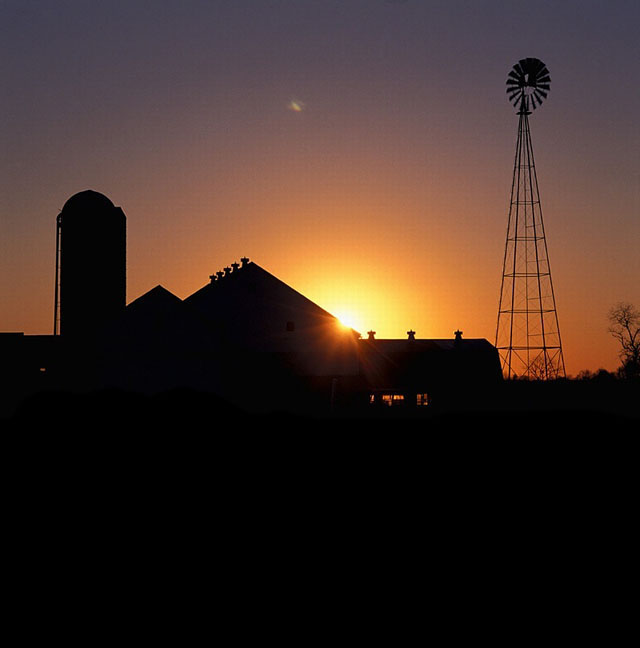Growing up on a farm in Kansas provided an invigorating childhood—learning about crops and animals, befriending pet chickens, and shooting rabbits for dinner with an 1890 vintage lever action 12-gauge Winchester. My early interaction with the “environment,” coupled with the ideas associated with free market environmentalism (FME), which were so eloquently put forth in Terry Anderson and Don Leal’s book, helped shape my thinking about natural resource policy.
Life on the farm provided ample opportunity for lessons in “how things work”—an interest I have carried throughout my life. My family had a direct incentive to tend to our gardens, grain crops, and well pumps if we wanted to eat and drink. I quickly learned that one cannot ignore the important role of incentives in guiding human behavior. Similarly, Anderson and Leal pointed out that the famed conservationist Aldo Leopold learned through first-hand knowledge from working his Sand County farm in Wisconsin that incentives or rewards for private landowners lead to the best environmental outcomes. Thus, “Conservation will ultimately boil down to rewarding the private landowner who conserves the public interest” (Leopold [1934] 1991).
Traditional thinking about environmental issues tends to emphasize incentive problems inherent in markets but ignores them in the context of political processes. Many economists and policy analysts assume that an efficient allocation of resources will be reached when government correctly accounts for the costs and benefits. Free Market Environmentalism challenged this presumption and provided a more realistic way of thinking about environmental policy—a way that emphasized the important role of incentives, transaction costs, and well-defined property rights to natural resources. These rights, whether held by individuals or a group, create inherent incentives on resource users because the wealth of the property owner is at stake if bad decisions are made.
This theory, the foundation of FME, was pioneered in the early 1980s. When it was expanded upon in Anderson and Leal’s book in 1991, a reviewer called the title an oxymoron, saying the authors were the moron part. Market failures were seen as the cause of environmental problems so how could markets solve the problems they caused? Furthermore, early renditions of FME focused on hypothetical examples of how environmental markets might work in theory not reality.
Thanks in a large part to the work of Anderson and Leal, today FME has overcome much of the early opposition. This is not because environmentalists have become fans of Adam Smith, but because real world applications by private individuals getting the incentives right are working and the case studies to support them are being documented. Defenders of Wildlife, for example, applies the tenets of FME to its wolf compensation plan; Oregon Water Trust uses water markets to purchase or lease water for fish habitats; and the World Wildlife Federation launched the CAMPFIRE program in southern Africa to reward native villagers who conserve elephants.1
We have traveled a long way down the FME path since the release of Free Market Environmentalism but there is still a long way to go. Problems such as water allocation, wildlife preservation, and land conservation offer tremendous opportunities for using markets to improve the environment. Moreover, the environment is continually offering new frontiers as we discover new services from natural resources and place higher values on environmental amenities. I am perpetually hopeful that we can continue to break the regulatory first of command-and-control planning, which requires information unavailable to government planners, and replace it with a greener invisible hand guided by information from the marketplace.
NOTE
1. In addition to cases cited in Free Market Environmentalism, more examples can be found in EnviroCapitalists by Terry L. Anderson and Donald R. Leal (1997, Roman and Littlefield Publishers).
REFERENCE
Leopold, Aldo. [1934] 1991. Conservation Economics. In The River of the Mother of God and Other Essays by Aldo Leopold. Madison, WI: University of Wisconsin Press.



